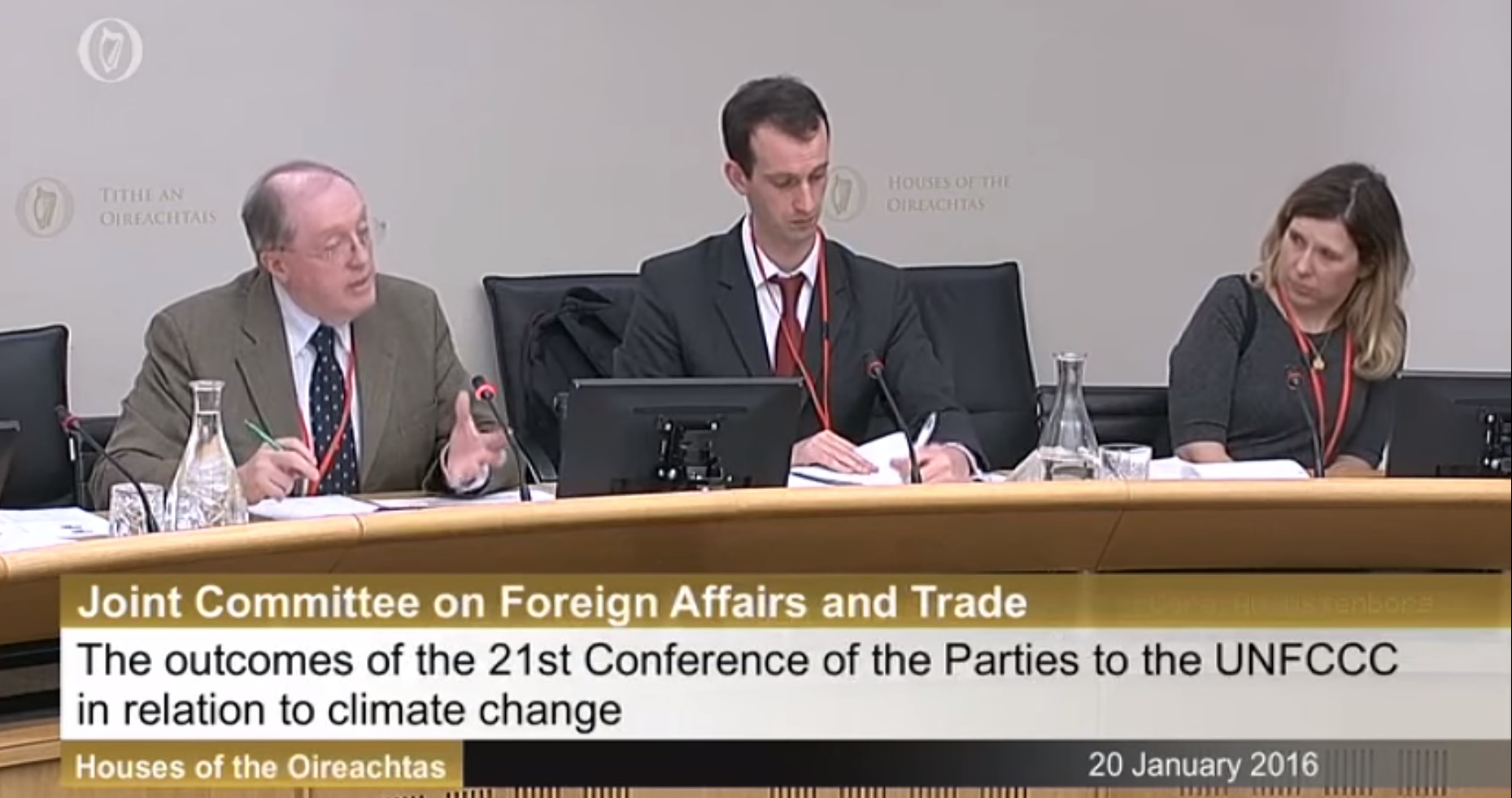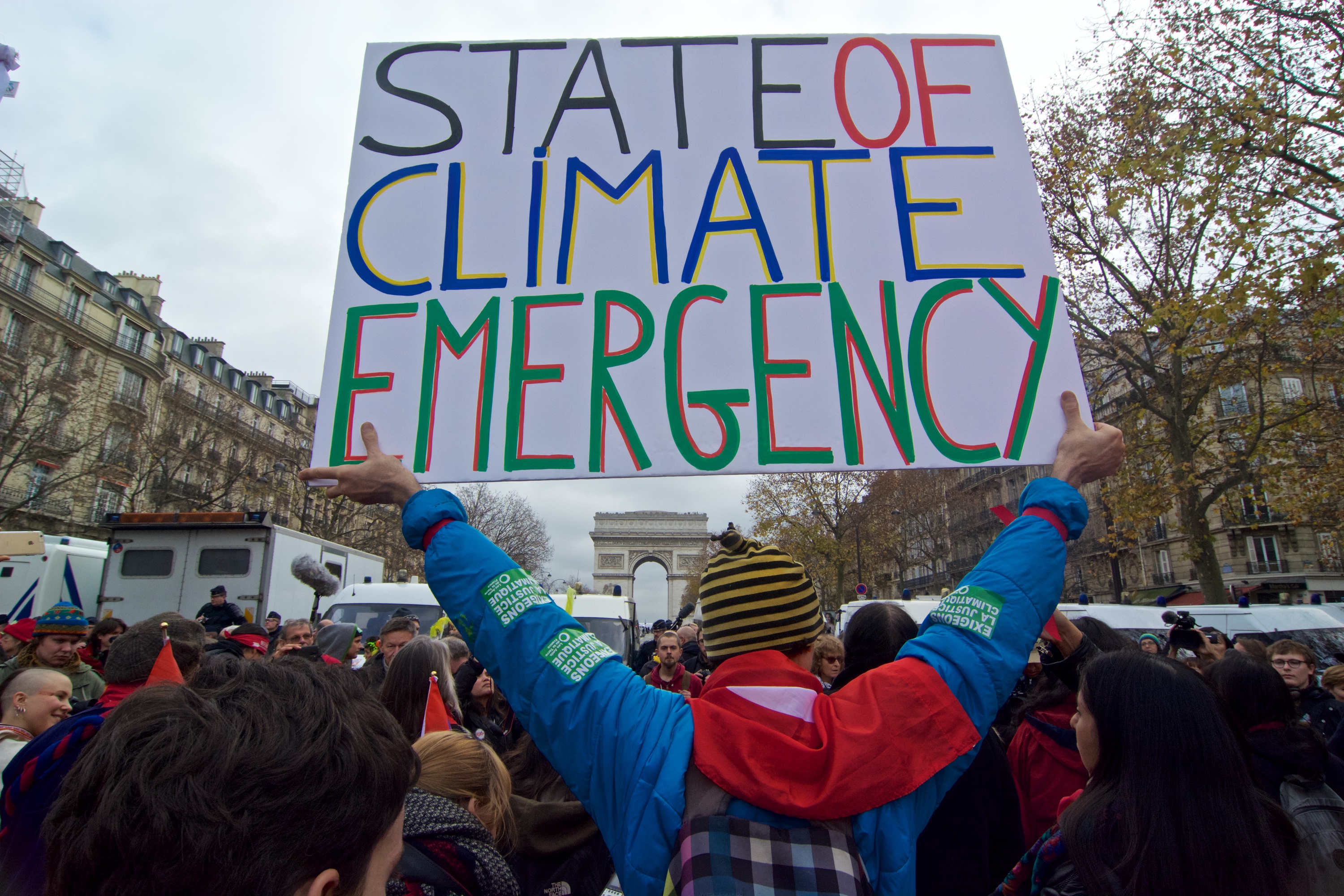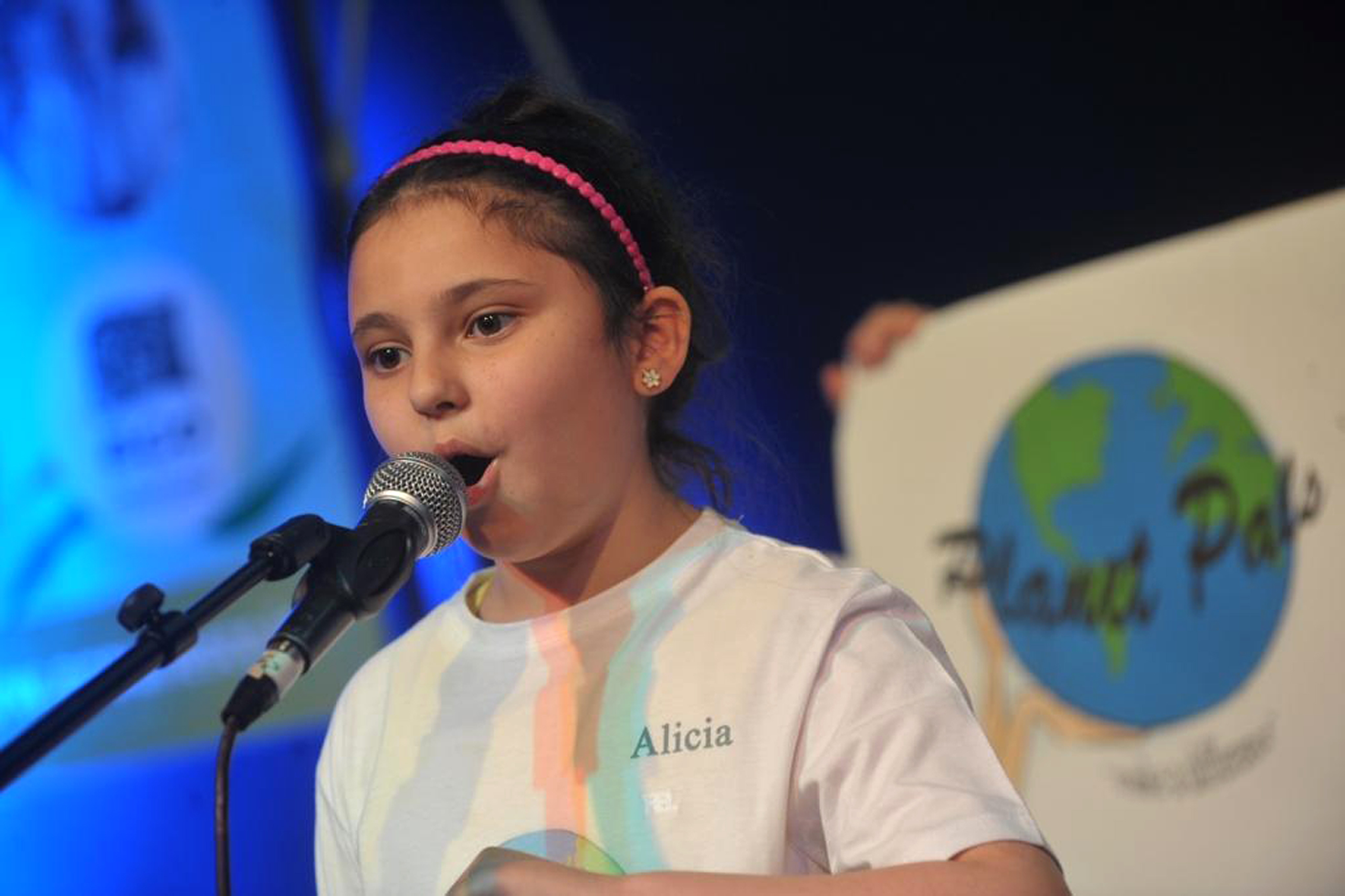First through the gate – Wicklow’s climate emergency declaration

May 13th, 2019
On 29 April just before four o’clock – and two weeks before the country followed its lead – Wicklow County Council declared a climate emergency.
It was the first Irish county to do so, and the push that got it over the line came from all ages.
On the day the emergency was declared, Councillor Jennifer Whitmore remembers that a young boy came up to her. He had something to ask.
“Why do politicians always say ‘aim’? Why don’t you just do it?”
The line of questioning didn’t stop there.
“Why do you always say things are difficult? If things need to be done, you just do it.”
Whitmore recalls that he was one of the local Greystones students who also gathered outside the Council building on 29 April 15 March as part of the School Strike for Climate Action.
Passing a climate emergency through the Council, Whitmore says, was the first step required to properly respond to the student mobilization.
And in Greystones, across the country and around the world, swells of students had come out to protest policymakers’ inaction on climate change. They asked – in many languages and many time zones – for politicians to save their future.
The movement was inspired by 16-year-old Greta Thunberg who began protesting on the steps of her own Parliament in Sweden in August 2018. Since then, over a million young people have followed suit.
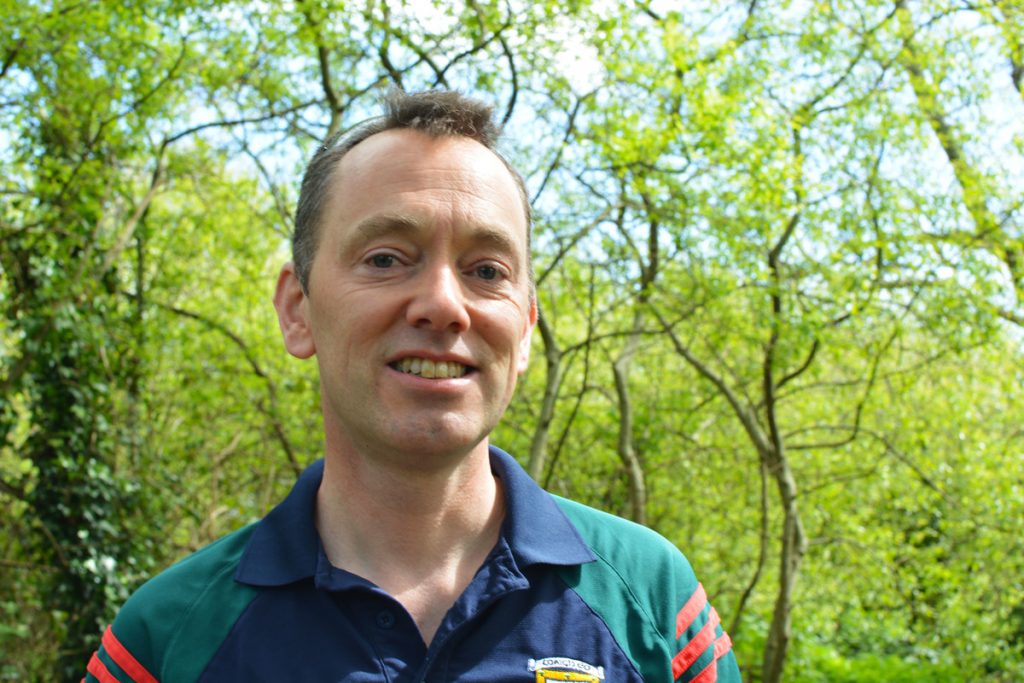
Breath of fresh air
For Keith Scanlon, a Greystones resident who penned the wording of the climate emergency motion, Thunberg and Extinction Rebellion are a breath of fresh air in the environmental movement.
Scanlon thought that Thunberg might be ignored initially but that slowly, people would join her. Watching her rise, he started to feel that “this is going somewhere”.
For the 15 March global protest, Scanlon recalls hundreds of people marched to the Council building in Greystones.
Demands for more effective climate policy were written and scrawled on posters and handed over to the Council once the crowd had reached its doors.
Following this show of force, Scanlon says that many councillors wanted to listen and encouraged those gathered before them to formalize their demands.
And so he did – writing up a motion that calls on the Council to publish a climate action plan, declare a county-wide biodiversity emergency, and publish an updated biodiversity action plan.
The document also asks that the Council and each municipal district join the Global Covenant of
Mayors for Climate and Energy and to report regularly on action plan progress.
As he drafted the motion, Scanlon says that he felt proud of his community. “We asked the Councillors to join Wicklow. We weren’t waiting for them,” he adds.
About 80 people showed up to support the motion on 29 April, and many of them managed to grab a seat in the public gallery as the meeting was underway.
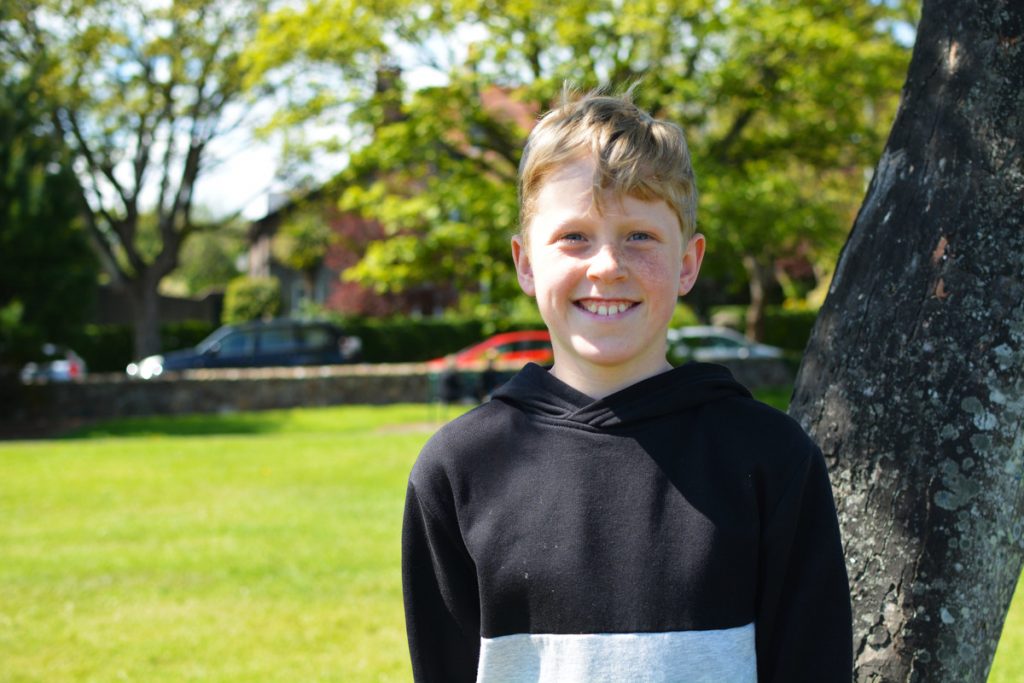
Should have come sooner
Ten-year-old Sean Riche was one of the students in attendance and wasn’t sure how the meeting would exactly play out. “I was a little bit cautious,” he remembers.
“I thought they’d be concentrating on other things first and I thought they’d keep it till later but then they thought, ‘it’s actually happening,’” he adds.
His brother, 13-year-old Kealan Riche, says that he expected it to pass. “I think if they didn’t listen to us, I would have been very surprised. And I would have been scared if I was a politician.”
Kealan says he expected the declaration of a climate emergency to come sooner than it did.
“If you go down to Greystones right now and ask a parent what’s the most important thing to you, they would say their children.
“But the way we’re living now, they’re ruining things for their children. And their grandchildren,” Kealan says. “I thought the declaration would have been sooner but I guess they needed time to think.”
Scanlon agrees that Wicklow still has quite a long way to in order to live up to a climate emergency declaration.
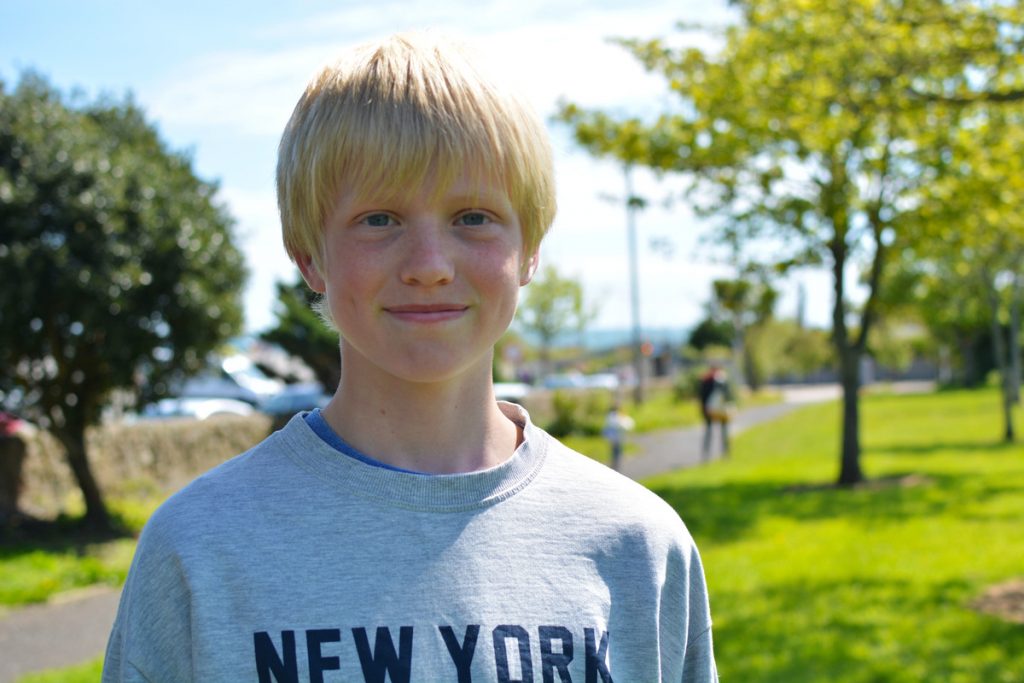
“Agriculture regulation needs to be changed, forestry regulation needs to be changed, our planning and sustainable developments need to be strengthened, the River Trust needs to be properly supported and funded,” Scanlon says.
Yet, Scanlon say, the decision in his county feels a part of a wider national tide-turning. “The most conservative and less likely to change stakeholders seem to be big agriculture, big industry, and the Fine Gael-led government. Even those are showing signs of change,” he says.
Another country-wide school strike is set to take place on 24 May, and the students remain steadfast in their commitment to call for change.
Kealan sums up the hope and belief required by all to keep pushing for change even as scientific predictions for our planet’s future become bleaker.
“If you’re working on a drawing [for the protest] and make a mistake, you don’t throw it out,” says Kealan. “You make the best of it.”
[x_author title=”About the Author”]
